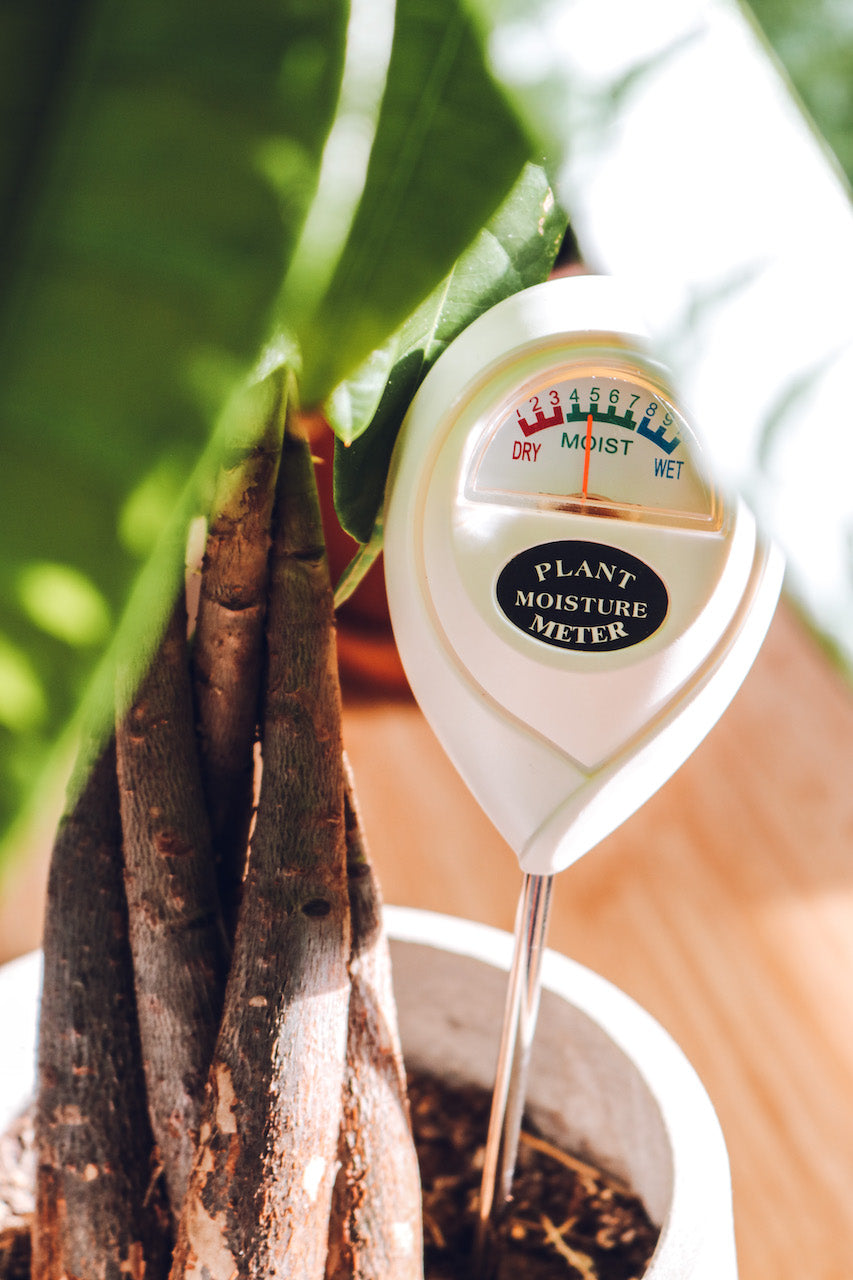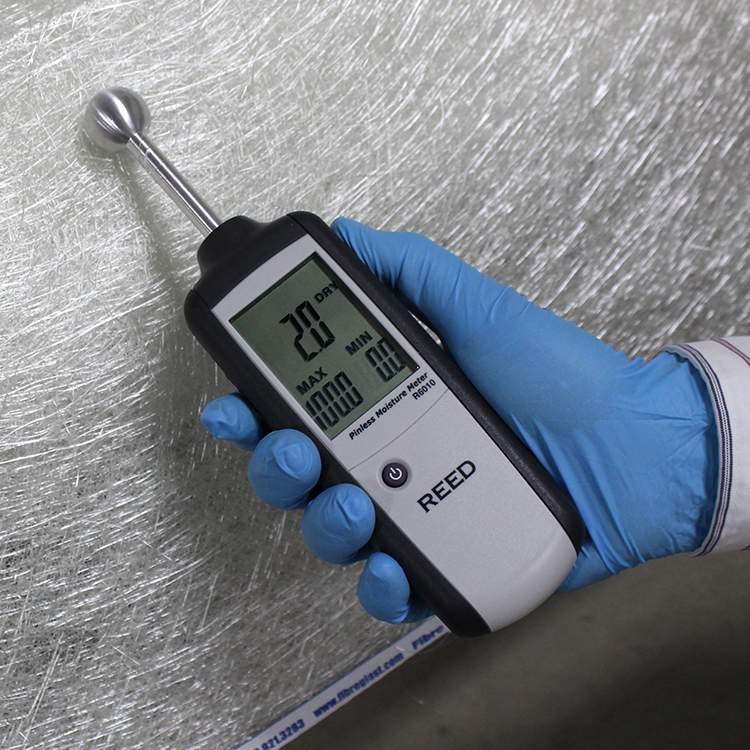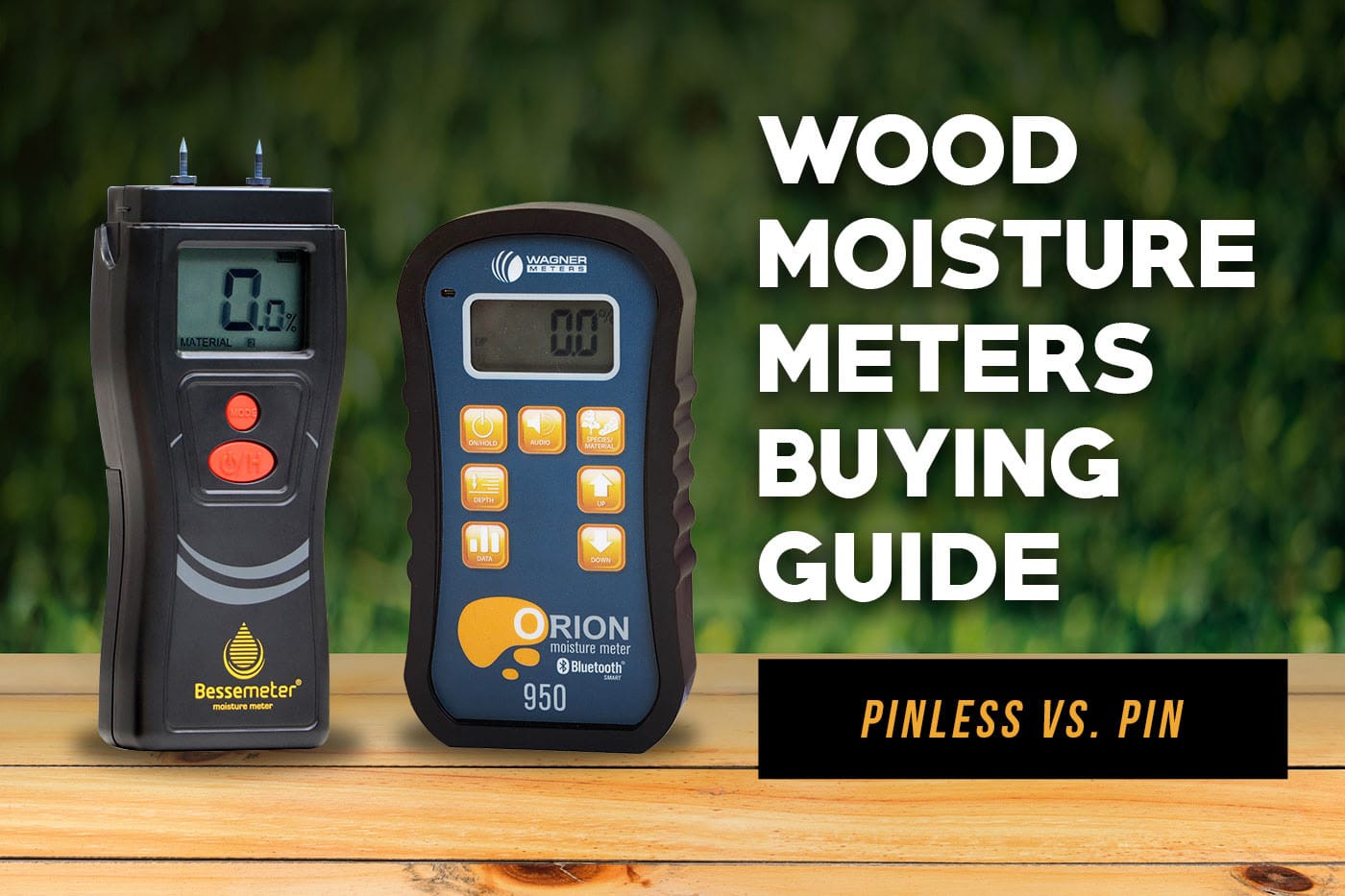Why Every House Owner Demands a Moisture Meter: Key Advantages and Attributes
Why Every House Owner Demands a Moisture Meter: Key Advantages and Attributes
Blog Article
The Ultimate Guide to Moisture Meters: A Comprehensive Overview and How They Can Conserve You Cash
In the world of structure upkeep, building and construction, and numerous sectors, the significance of properly gauging moisture degrees can not be overstated. Wetness meters offer as important tools in discovering and checking moisture material in products, helping in avoiding expensive problems and guaranteeing the top quality of products. Understanding the nuances of various sorts of dampness meters, their applications, and the prospective cost-saving benefits they use can be a game-changer for experts and organizations alike. Uncovering how these tools can not only improve procedures but also add to economic cost savings is a trip worth getting started on.
Kinds Of Moisture Meters
One usual type is the pin-type dampness meter, which gauges the electric resistance in between 2 pins put into a material. Pinless moisture meters, on the various other hand, use electro-magnetic sensor plates to scan a bigger location without triggering damage to the product's surface area.
In addition, there are likewise specialty moisture meters made for particular materials like hay, dirt, or grain. These meters give exact wetness analyses tailored to the distinct homes of the product being checked. Infrared wetness meters gauge the thermal buildings of a product to establish its wetness web content non-invasively, making them useful for applications where pin or pinless meters may not be suitable. Recognizing the different kinds of moisture meters readily available can assist sectors choose one of the most appropriate tool for their specific moisture dimension needs.

Benefits of Making Use Of Moisture Meters

In addition, utilizing dampness meters can cause raised power effectiveness. By identifying areas with high dampness degrees, such as leakages or inadequate insulation, modifications can be made to boost power conservation and minimize utility expenses. In farming setups, wetness meters play an important duty in enhancing plant yields by allowing farmers to check soil wetness levels and make informed watering decisions. In general, the benefits of making use of dampness meters cover throughout various markets, offering cost-effective solutions and advertising much better top quality control practices.
Exactly How to Select the Right Moisture Meter
Picking the suitable dampness meter includes considering vital variables such as product compatibility, measurement array, and calibration accuracy. When picking a moisture meter, it's vital to make sure that the meter is ideal for the certain material you will certainly be screening. Various products have differing electrical buildings that can impact wetness readings, so choosing a meter developed for your material is vital for exact home outcomes. In addition, take into consideration the dimension variety of the wetness meter. Make certain that the meter can detect dampness degrees within the array required for your applications. Calibration precision is an additional crucial factor to bear in mind (Moisture Meter). Choose a moisture meter with reputable calibration to guarantee consistent and specific readings. Some meters might call for routine calibration changes, so comprehending the calibration process is essential. By carefully reviewing these factors, you can choose a dampness meter that satisfies your needs and offers precise dampness dimensions for your projects.
Appropriate Methods for Moisture Meter Use
To guarantee accurate dampness analyses and optimize the efficiency of a wetness meter, utilizing appropriate strategies is important. When utilizing a pin-type dampness meter, place the pins or probes into the product being tested up until they make complete get in touch with. Make certain the pins are perpendicular to the surface area to get one of the most accurate reading. For pinless moisture meters, hold the device flat against the product and relocate it slowly to cover the entire area for an ordinary analysis. It's important to calibrate the wetness meter according to the material being tested to improve accuracy. Take multiple analyses throughout the surface area and typical them out for a more reputable result. In addition, make certain that the product being tested is acclimated to the setting to stop manipulated readings. Routine maintenance of the dampness meter, such as cleansing the pins or sensor, is also vital to guarantee regular and precise readings. By complying with these proper techniques, individuals can depend on their wetness meter to supply trustworthy moisture levels, helping in protecting against expensive damage or guaranteeing high quality in various applications.

Price Financial Savings With Moisture Meter Applications
How can the calculated utilization of moisture meters lead to considerable expense financial savings across numerous markets? In the farming sector, dampness meters aid in determining the optimal time for collecting crops, preventing excess or over-drying wetness that can affect the final item's quality.

Furthermore, in the food handling market, moisture meters are necessary for checking product top quality and making certain conformity with safety and security laws. By accurately determining wetness why not find out more material in food products, producers can protect against putridity, preserve freshness, and lower waste, resulting in significant cost financial savings. Generally, the calculated application of moisture meters is a beneficial investment that can lead to substantial cost reductions and improved effectiveness throughout different markets.
Final Thought
In final thought, moisture meters are useful devices for gauging and spotting wetness levels in different materials. By making use of the right wetness meter and following proper methods, customers can efficiently stop costly problems caused by excess moisture.
Dampness meters serve as important tools in identifying and keeping track of moisture content in materials, assisting in protecting against costly problems and guaranteeing the quality of items. Infrared wetness look at here now meters measure the thermal residential properties of a material to determine its wetness material non-invasively, making them useful for applications where pin or pinless meters may not be appropriate.Moisture meters supply indispensable advantages in precisely analyzing and keeping an eye on wetness degrees in varied materials and settings. In agricultural setups, dampness meters play a crucial duty in enhancing crop returns by making it possible for farmers to check soil moisture levels and make informed irrigation decisions.In conclusion, dampness meters are important tools for gauging and identifying dampness degrees in different materials.
Report this page